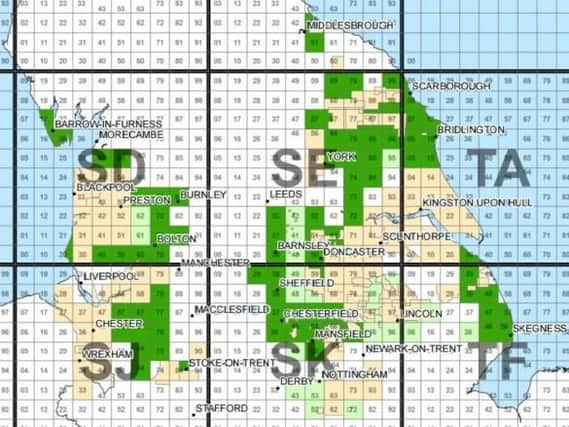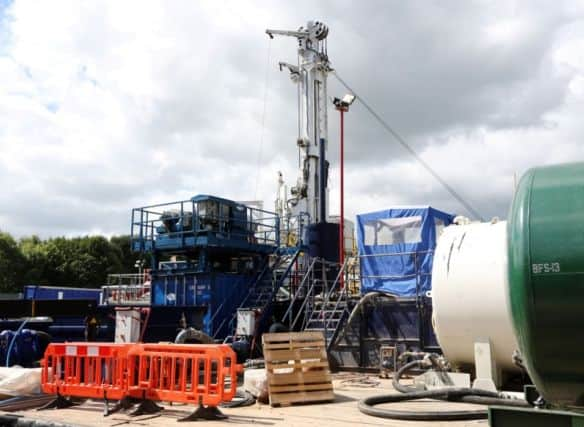Derbyshire MPs vote in 'sneak' bid to frack under the Peak District


In a secondary legislation vote, new rules allowing fracking thousands of metres below the Peak District and other national parks, and World Heritage sites including the Derwent Valley Mills – areas which are usually reserved under the strongest possible planning restrictions – provided drilling takes place away from protected lands has been pushed through by a vote of 298 to 261.
Read more:
Fracking: Are we powerless to the energy giants?Fracking will be allowed in the Peak District, government saysLocal MPs voted on the move to increase shale fracking freedoms, after the government previously promised an outright ban on the controversial technique of unconventional gas extraction in these areas.
Advertisement
Hide AdAdvertisement
Hide Ad

Bolsover MP Dennis Skinner slammed the government's speedy vote through a deferred motion, which has been described as sneaking it through parliament without debate.
He said: "This fracking bull should have been preceded by a debate. I thought it was very unusual to do it on the deferred motion - it's not satisfactory for a thing as important as fracking.
"We might have got more Tories, because in some areas affected they are Tory seats. Four Tories voted with us I think.
"A lot of will carry on battling against fracking because the idea that it can be intruded into national parks is offensive to the vast majority of people.
Advertisement
Hide AdAdvertisement
Hide Ad

"We had a wonderful victory at Calow against gas extraction, I supported them throughout the whole campaign."
Anti-fracking campaigners say companies will still only be allowed to drill down on the edge of protected areas and then drill horizontally underneath them.
The plan first emerged when the North York Moors, the Peak District, the South Downs and the Yorkshire Dales, which were all labelled as suitable for exploitation of shale gas in a report by Durham University while the seven others including the Lake District, the Norfolk Broads and the Cairngorms did not have favourable geology.
A spokesman for the Friends of the Peak District campaign group said previously to the announcement of plans to allow fracking in the national park: “We are deeply disturbed by this latest U-turn.
Advertisement
Hide AdAdvertisement
Hide Ad“It is further evidence that the Government is prepared to ride rough shod over the concerns of the public who have asked for stricter safeguards to be put in place to protect our most beautiful countryside, not undermine the legislation that they previously committed to.
“Even if built on the boundary, the visual landscape and additional transport could still have a considerable negative impact on the Peak District National Park.”
Derbyshire has already come a step closer to fracking as exploratory licences between Chesterfield, Alfreton and Matlock have been released for bidding companies, and further areas remain to be released by the governments rolling scheme across the midlands and north of England.
The motion was made through a statutory instrument, a 'form of legislation which allow the provisions of an Act of Parliament to be subsequently brought into force or altered without Parliament having to pass a new Act, described the parliament website.
Advertisement
Hide AdAdvertisement
Hide AdThe Peak District National Park Authority won't be the planning authority to decide planning applications, which will fall to local minerals extraction authorities, which for most of the Peaks is Derbyshire County Council. But the authority will be a consultee on any future applications and be asked to give it's opinion on individual cases.
Jim Bailey, Chair of National Parks England said:
“Today’s decision to protect National Parks from surface works is welcome; and we think it is now essential that the Government’s National Planning Policy Framework is amended to make it crystal clear that hydraulic fracturing is not allowed in National Parks. The public want to see the highest level of protection for National Parks, and so works located close by but that might involve drilling underneath National Parks must be subject to the most rigorous testing. These sensitive areas should be the last, not the first place that developers should prospect.”